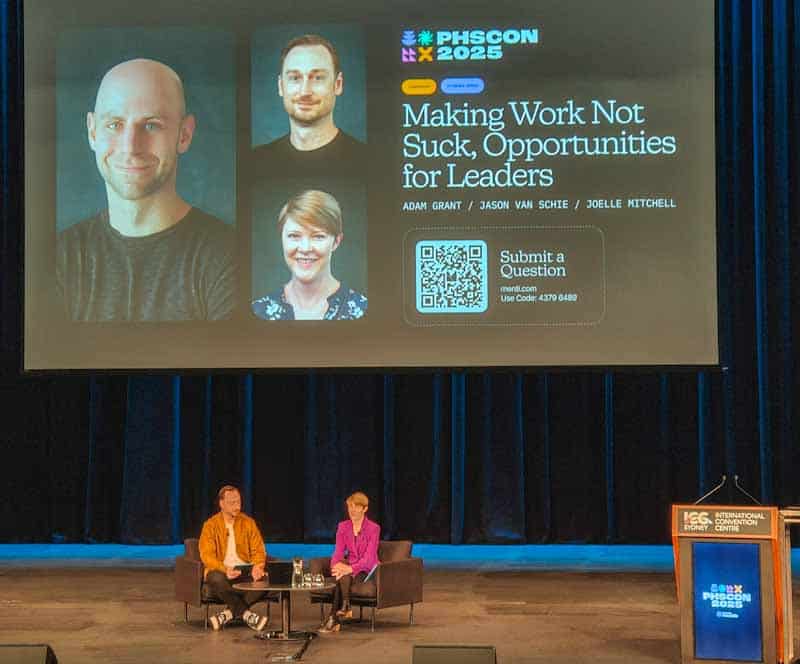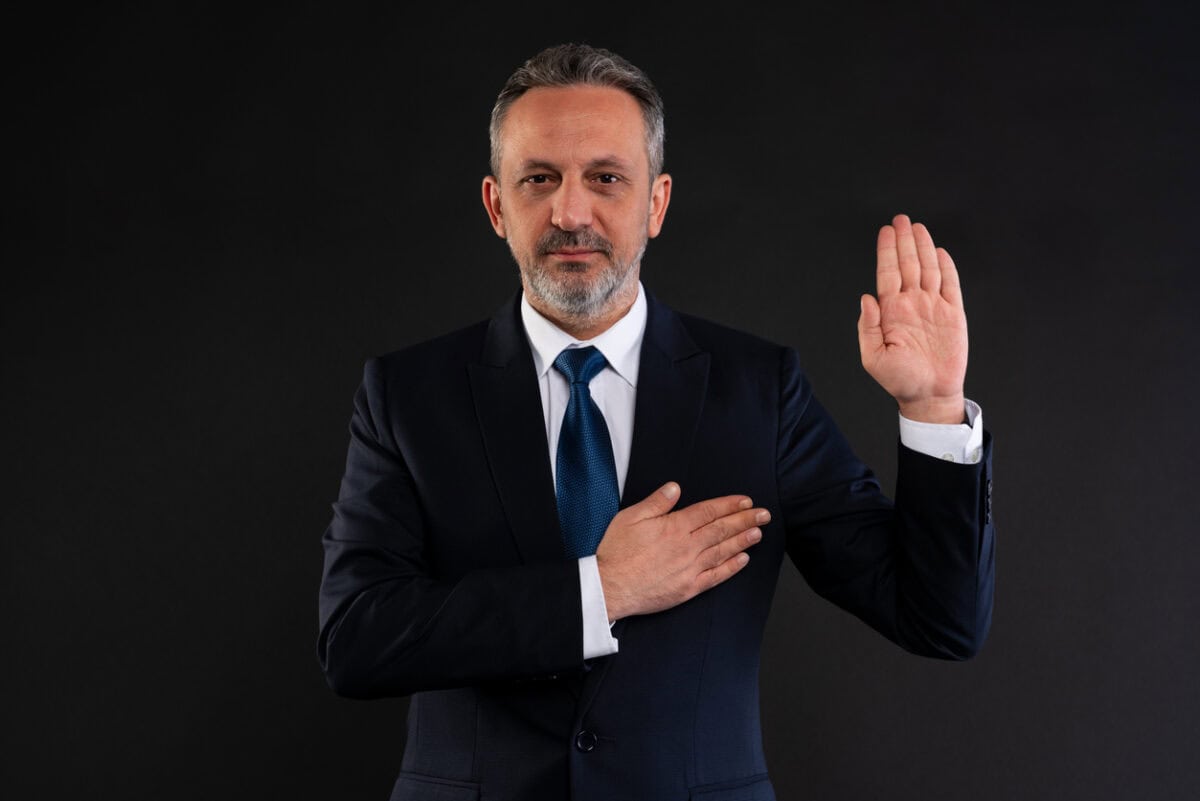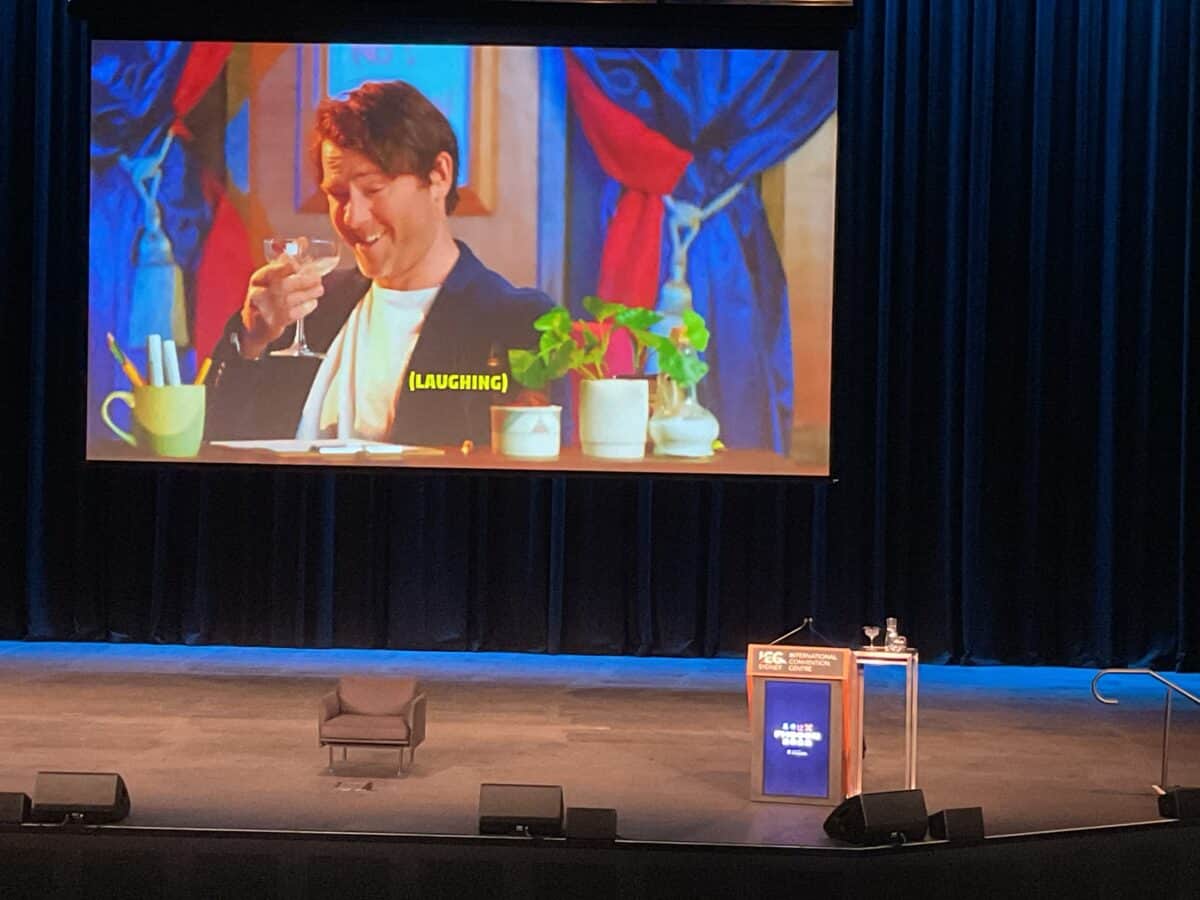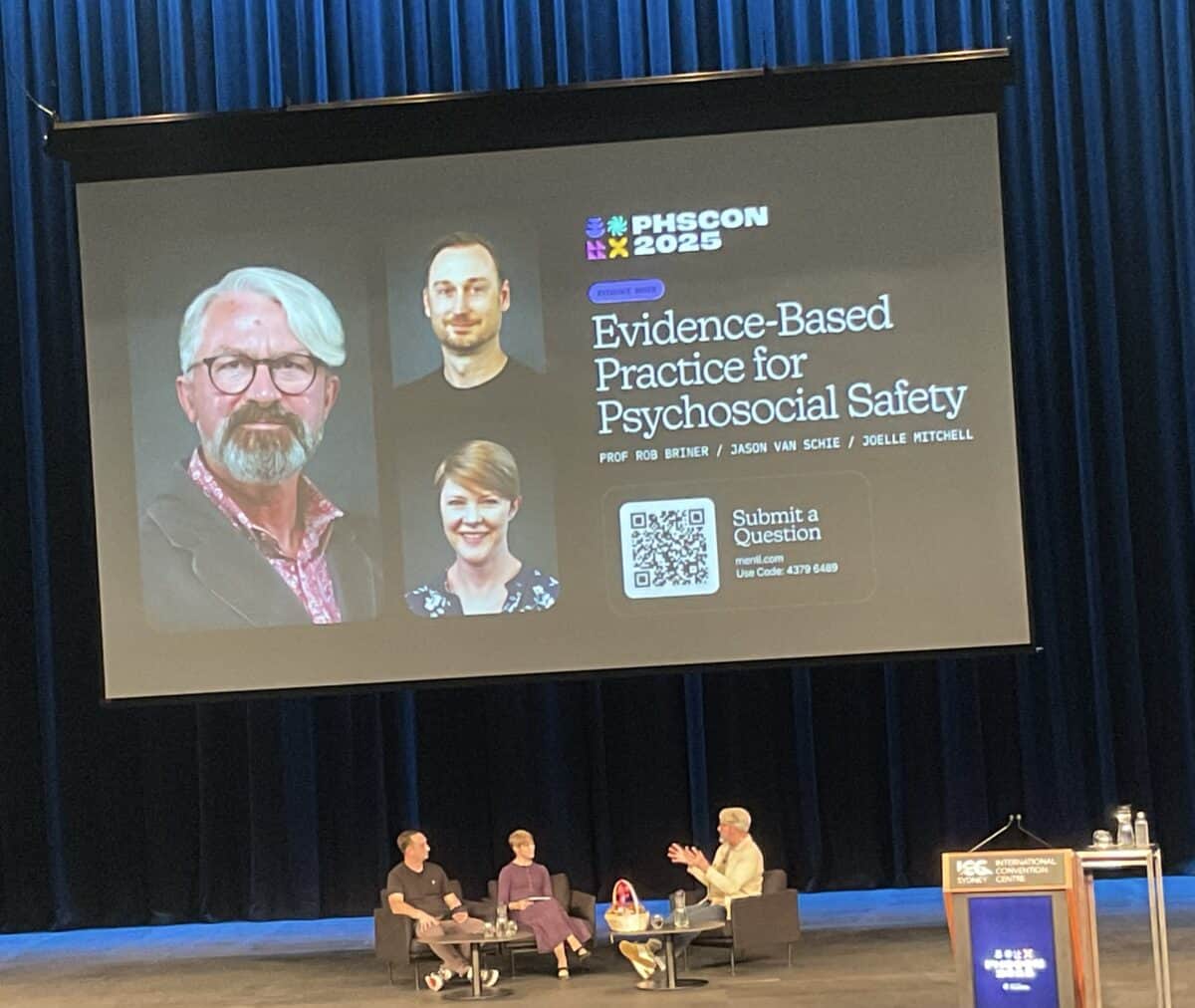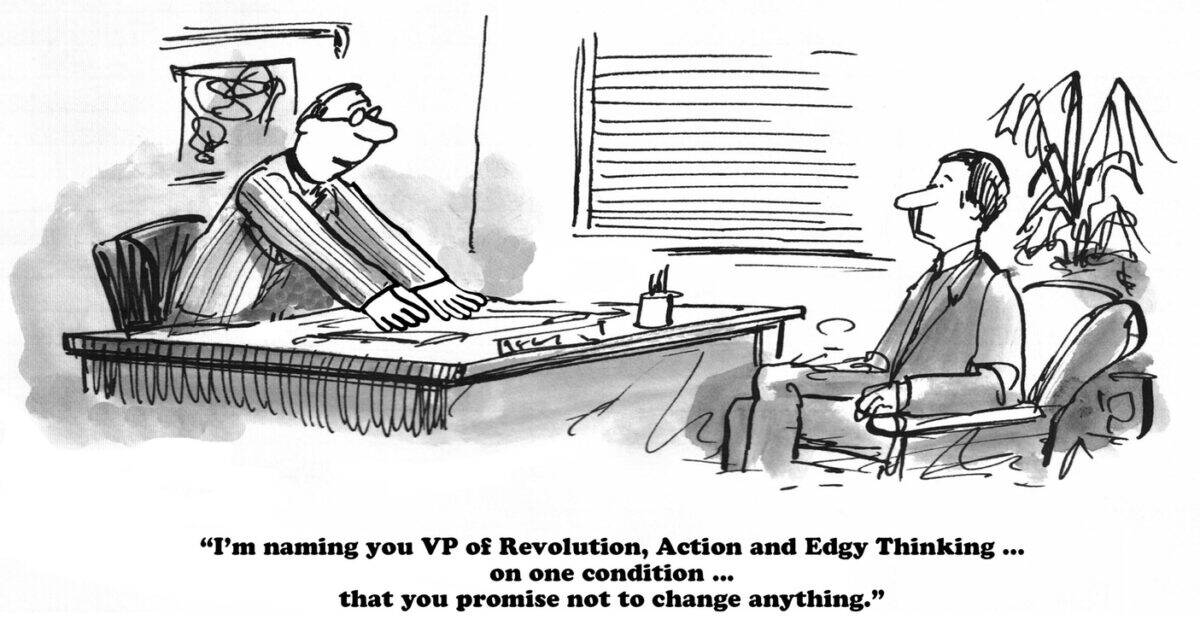I was lunching at my local market when someone at the same table began chatting with me. The conversation turned to occupational health and safety (OHS). It was refreshing to discuss this with a non-OHS professional and see their surprised reactions to some of the things employers are required to do to create safe and healthy workplaces.
On my walk home, I wanted more perspectives on my thoughts, so I present the first in an occasional series called “What does Grok say….?”


